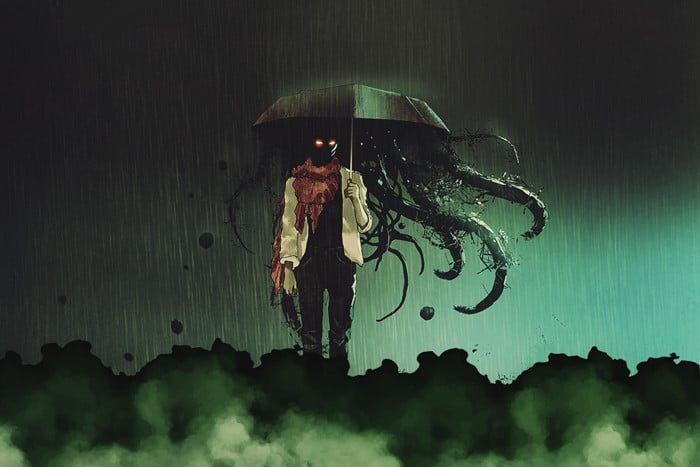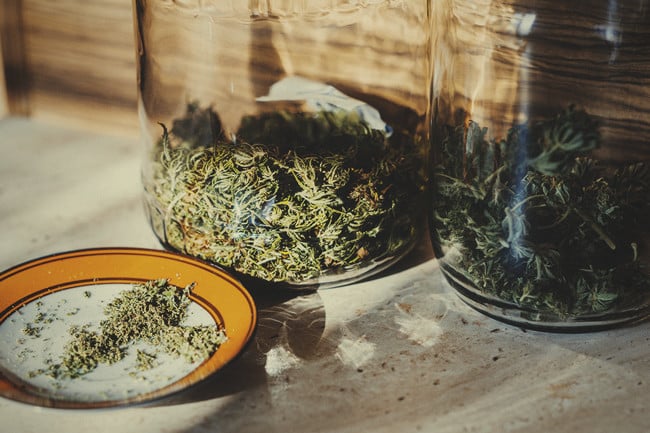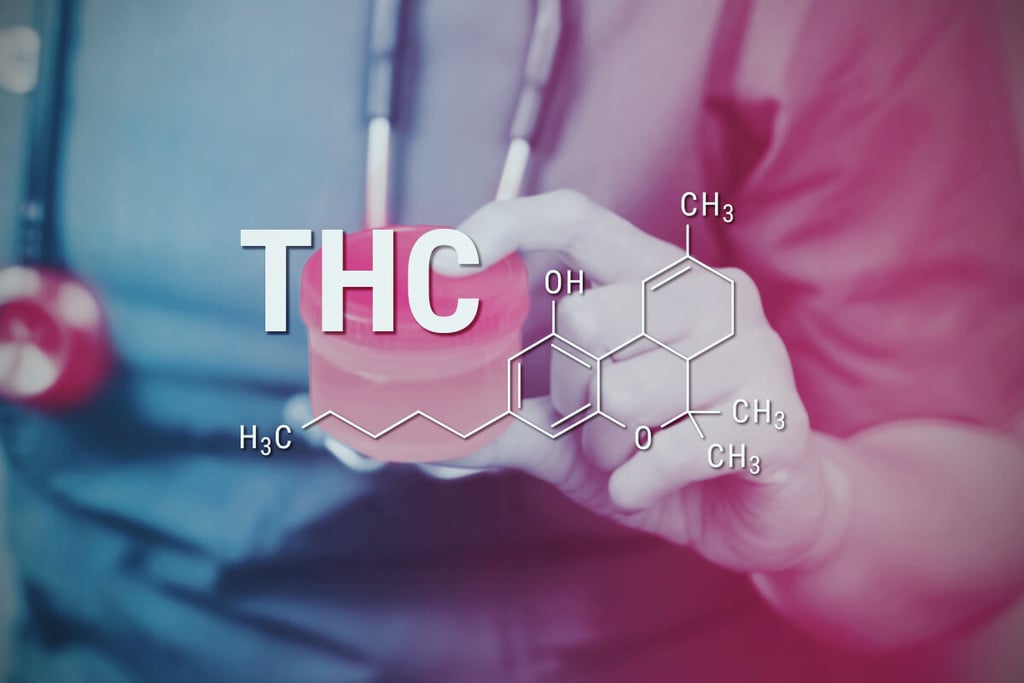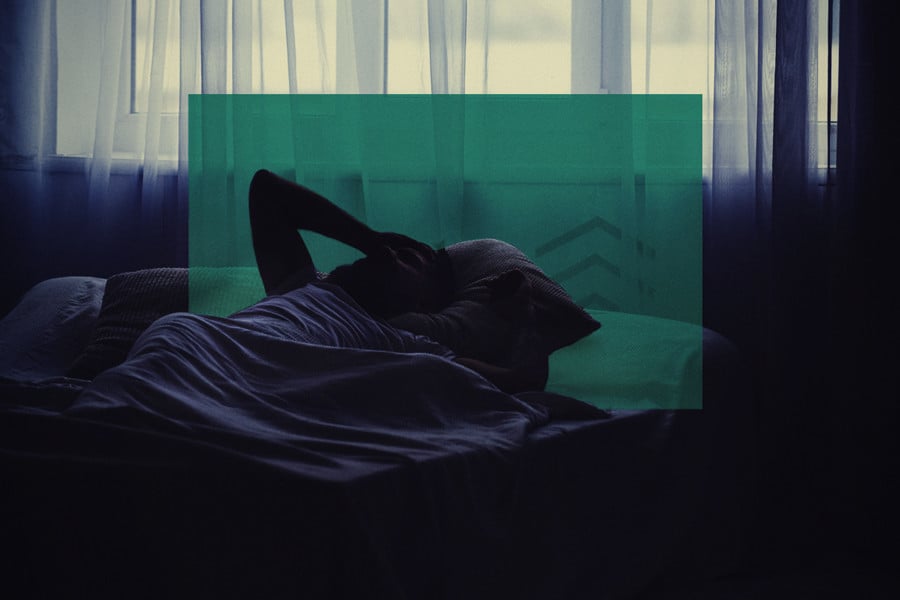.
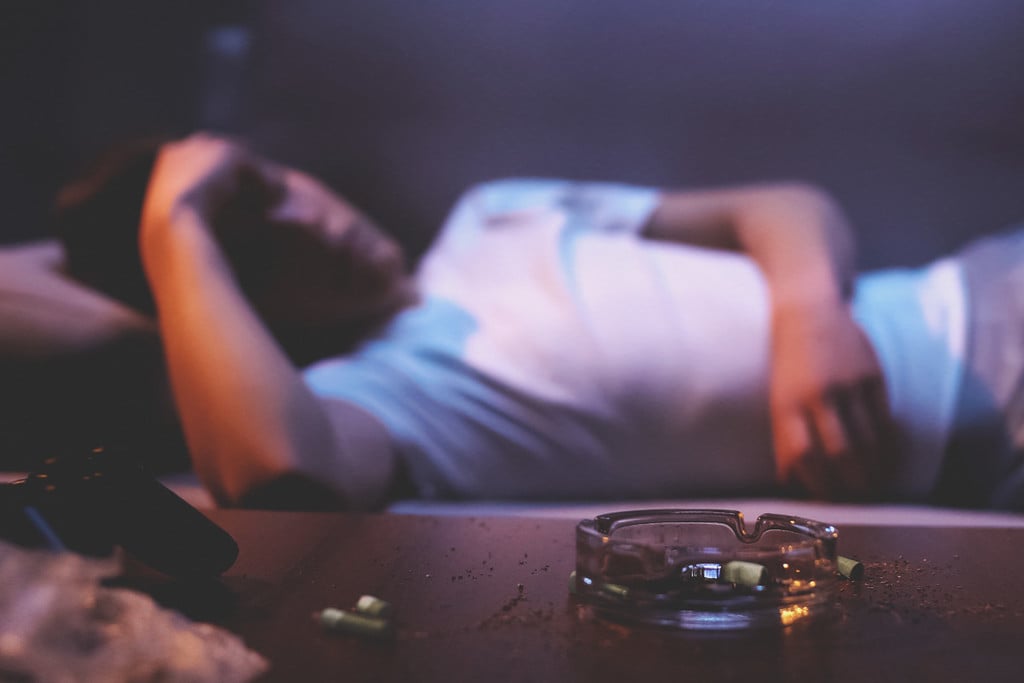
How to Prevent and Combat Weed Hangovers
Have you ever woke up feeling exceptionally lazy and under the weather after a heavy night of smoking? You were probably experiencing a weed hangover. Sure, they've got nothing on alcohol hangovers, but they can still impact the beginning of your day. Use our tips to get rid of this feeling as quickly as possible, and prevent it in the future.
Key Takeaways
- A weed hangover refers to lingering effects like brain fog, fatigue, dry mouth, or headaches the next day.
- High THC doses, late-night sessions, edibles, and heavy munchies can increase the chances of feeling rough in the morning.
- Recovery is usually simple: hydrate, eat a solid breakfast, shower, and use caffeine or CBD if needed.
- To prevent it, choose lower-THC strains, avoid mixing substances, and stop smoking a few hours before sleep.
Contents:
The term “hangover” often conjures flashbacks of severe headaches, intense nausea, and even puking after a night of heavy drinking. However, many cannabis users also report a hangover-like effect after hitting one too many bowls the night before.
The phenomenon of the weed hangover remains contested throughout the cannabis world. Some users report feeling fine the next day—maybe even better than waking up from a sober night—whereas others truly feel lingering effects that trickle into the next day.
Cannabis scientists have solved a lot of things. But these white coat-wearing, weed-loving geniuses have yet to uncover any solid mechanism behind the elusive weed hangover. Still, we can do our own research in hopes of drawing some conclusions. Continue reading to find out what causes weed hangovers, how to treat them, and if they really exist at all.
What Is a Weed Hangover?
A weed hangover refers to the lingering after-effects of a heavy smoking session. Although the term also applies to alcohol, weed hangovers are almost never as bad as those felt after too many beers.
Smoking weed causes several physiological and psychological changes. After hitting a joint or bong, THC enters the bloodstream and starts binding to CB1 receptors of the endocannabinoid system —resulting in a high. The cannabinoid also causes typical side effects from smoking weed, including dry mouth, increased appetite, heightened senses, reduced reaction times, and short-term memory impairment.
Although most of these effects occur during the peak of the high—between 1 and 3 hours—some users may feel them ripple into the following day, especially after a late session the night before.
Essentially, any residual effects experienced hours after consuming cannabis can be classed as a weed hangover.
Some users might find these sensations pleasant and enjoyable, and frequent drinkers will certainly laugh at classifying these effects as a hangover at all.
However, these effects quickly become less desirable upon waking up early for a meeting or another commitment. Learn more about weed hangovers below, including how to treat and prevent them.
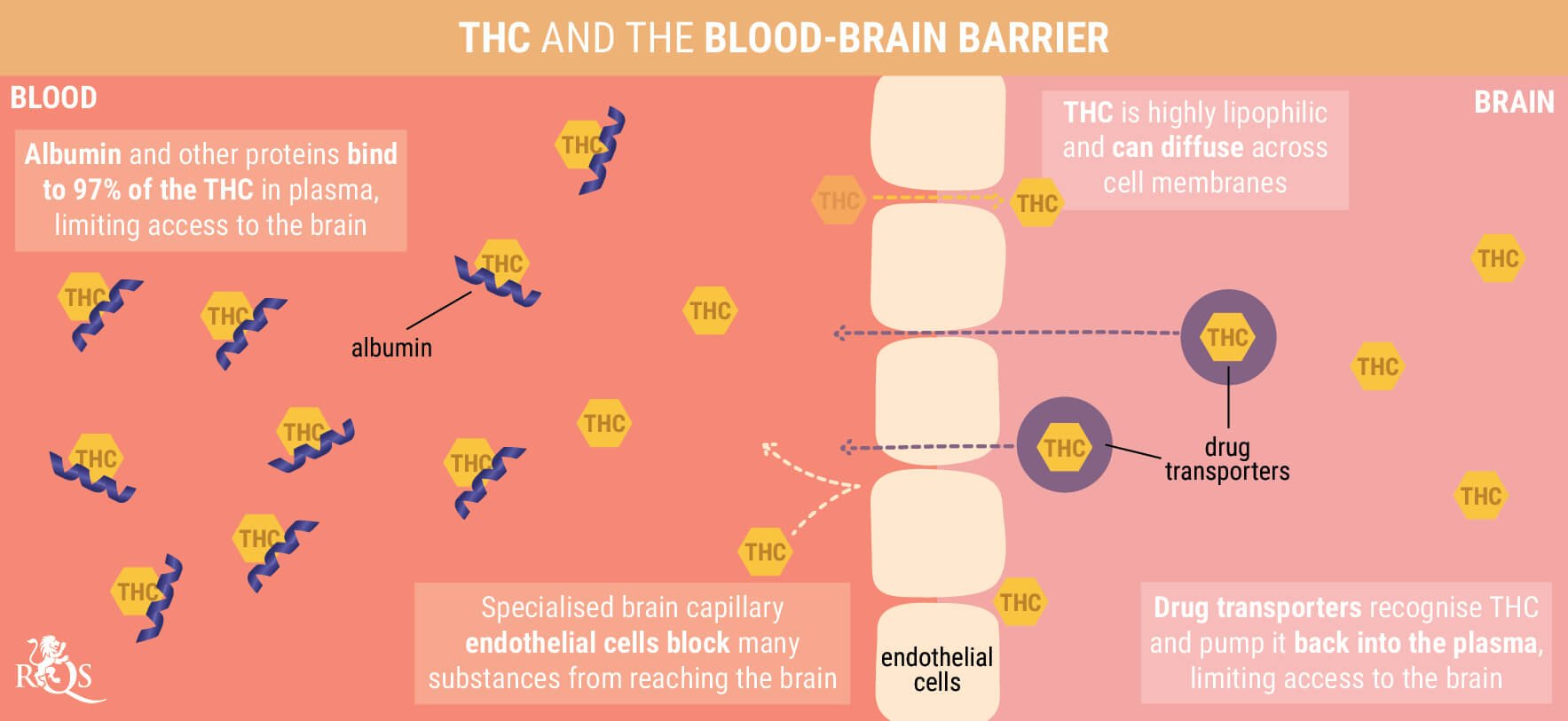
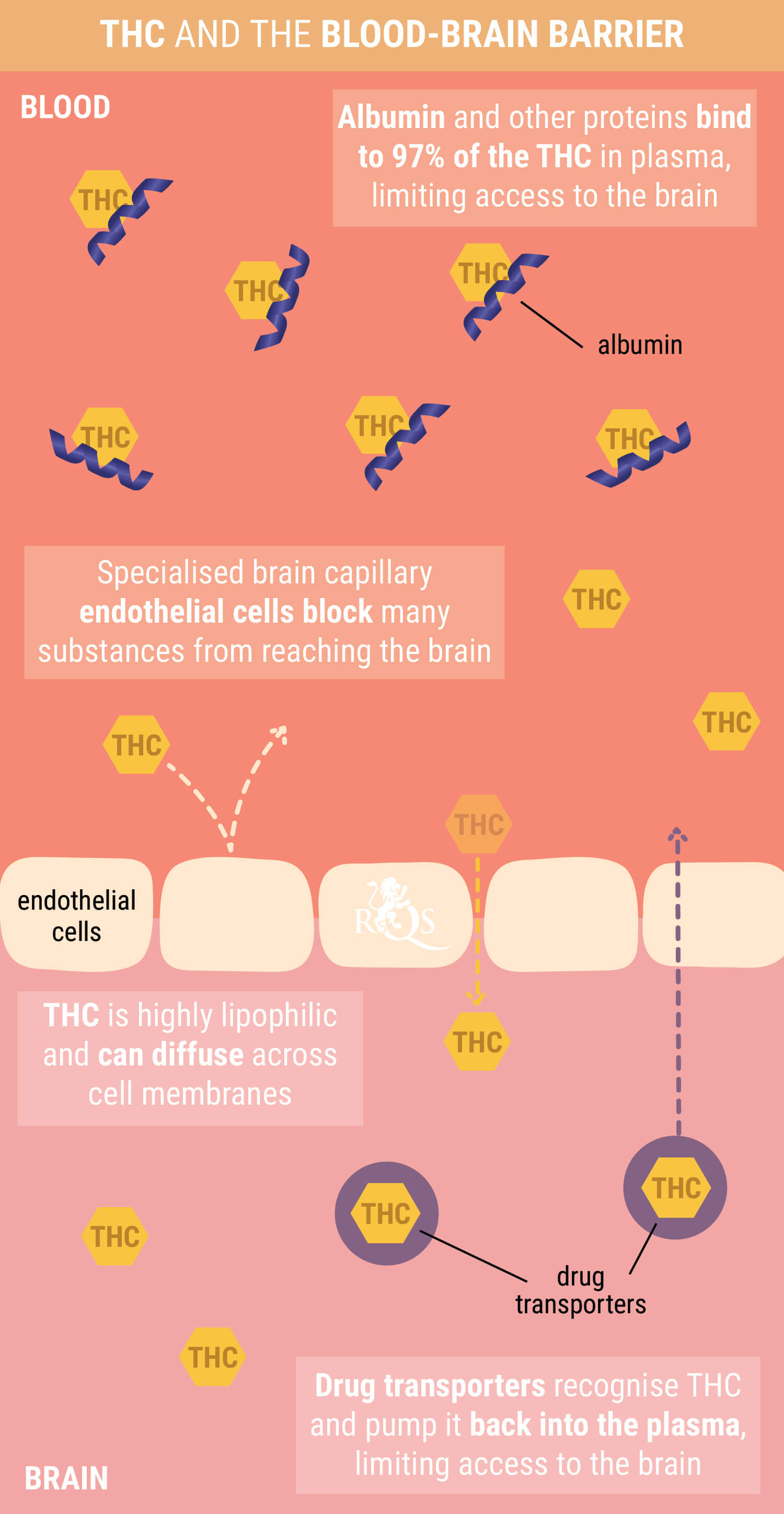
What Are the Symptoms of a Weed Hangover?
Cannabis hangovers affect different people in different ways. Some users shoot out of bed ready to tackle the day, and others need time to get their engine started. Regardless of these differences, the most common symptoms of a weed hangover include:
- Brain fog
- Lethargy
- Fatigue
- Red eyes
- Dry mouth and eyes
- Headaches
- Nausea
While most of these symptoms are subjective and anecdotal, cannabis scientists have delved into the domain of weed hangovers to try and suss the phenomenon out. A series of questionnaires and objective tests have enabled them to target some core symptoms.
Researchers set out to analise the effects of weed hangovers[1] way back in 1985. The study involved 13 male smokers split into two groups—one received cannabis, the other received a placebo. After a smoke, the participants were asked to complete behavioural tasks that involved card sorting, recall, and time production. After the session, they went to bed and then repeated the same tasks nine hours later the following morning.
Upon repeating the tasks, the researchers found that the cannabis group produced significant differences in the time production task and also reported residual subjective effects. The researchers concluded that cannabis does indeed cause a hangover effect. However, the cannabis used in this study contained only 2.9% THC, around 80–90% less than most strong modern strains.
A study conducted 5 years later[2] produced different results, somewhat changing the perception of the so-called weed hangover. 12 regular cannabis smokers were observed over the course of two weekends. During the first weekend, they received a placebo, and on the next, they received active cannabis.
Each participant inhaled exactly 40 standardised puffs before sleeping, and answered a questionnaire and performed several tests to measure the residual effects the next morning. After a stoned weekend, the researchers found little changes in mood scales, subjective intoxication, and residual effect. They found no evidence of a hangover effect, yet the cannabis used only clocked in at 2.1% THC.
More recent research has probed the symptoms of the cannabis hangover[3]. A 2017 study explored the effects of medical cannabis in patients experiencing chronic pain. As well as producing positive effects in many users, some patients reported side effects the following day. These sensations were described as a foggy and non-alert feeling the following morning.
Modern cannabis science definitely considers cannabis hangovers as real. In fact, healthcare professionals are now recommended to inform medical cannabis users of the potential for a hangover and what effects to expect. A 2016 review suggests telling patients to expect residual effects[4] up to one day after using the herb.
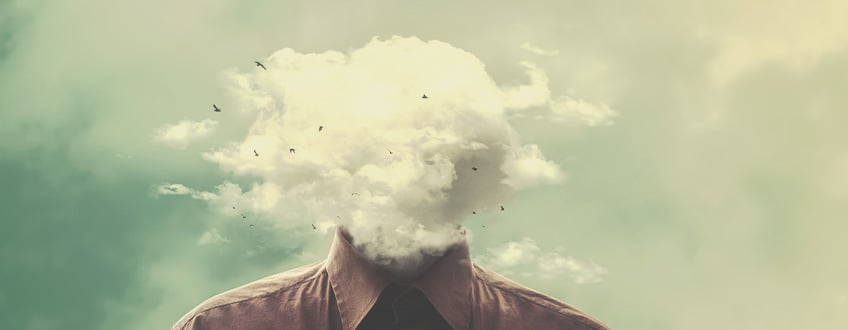
What Causes a Weed Hangover?
Weed hangovers are certainly multidimensional, and many variables contribute to how smokers feel the next morning.
If a cannabis user exposes themselves to the following factors, they’ll likely feel a hangover the next day.
-
High Doses of THC
Hitting moon rocks and chomping on THC-laced brownies all night will boost the chances of a weed hangover. Such high levels of THC take longer to process, and you’ll probably wake up stoned.
Although the effects of smoked cannabis peak at around 1–3 hours, edible cannabis takes another route through the body. Following digestion in the GI tract, the body shuttles THC off to the liver and converts it to 11-hydroxy-THC. This molecule takes effect over a much longer window, making it more likely to feel effects the next day.
-
Smoking
Smoking cannabis may produce more fatigue than other methods of consumption, such as vaping. If you’ve ever smoked a large cigar late at night, you’ll know exactly what we’re talking about. Some users even choose to add tobacco to their joints, which can cause a foggy and lethargic feeling the following morning.
-
The Munchies
Cannabis makes people hungry. Really hungry. THC triggers the release of hunger hormones and also shifts certain areas of the brain into a state of hunger. These effects cause users to head to the fridge after an hour or so of smoking, often leaving nothing behind but a few carrots and some gone-off milk.
Cannabis and booze both cause a hangover, but so does excess food. If the munchies get the better of you, high levels of fats and sugars will add fogginess and irritability to your experience the following morning.
How to Recover From a Weed Hangover
Weed hangovers are much more forgiving than those induced by alcohol. Look at it this way: you’ll be able to get out of bed, walk around, and even eat something! Although weed hangovers can leave users feeling spaced out, you’ll still remain fully functional—meaning you can take the following measures to fight off any fogginess.
1. Drink Water
Drinking water upon rising will help you feel better with or without a weed hangover. Drink a glass of water after climbing out of bed to hydrate yourself and combat your dry mouth and eyes. Continue sipping on water throughout the morning, and you’ll feel better in no time.
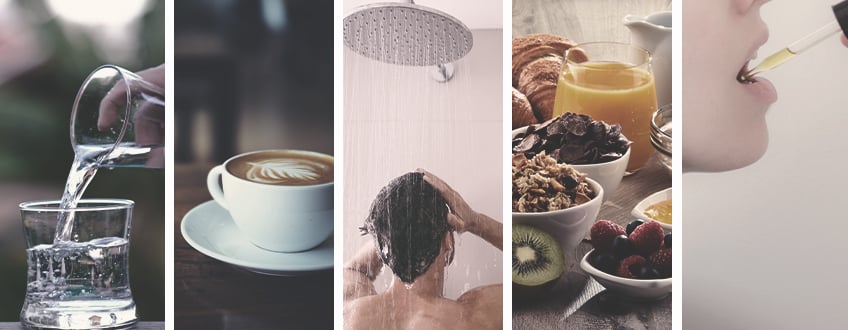
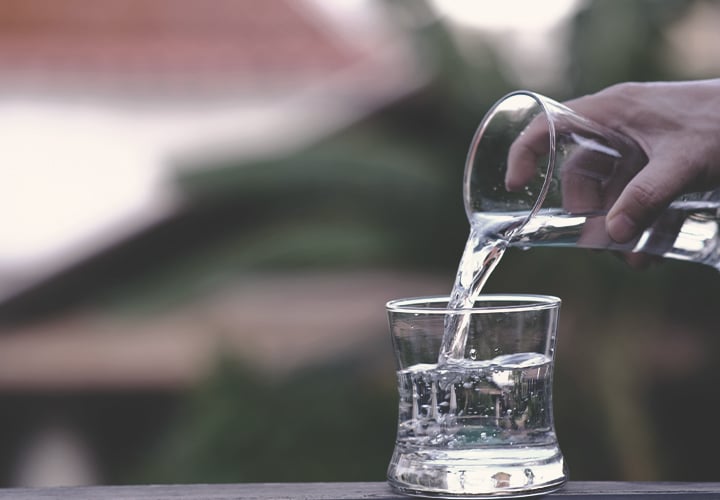
2. Caffeine to the Rescue
After hydrating yourself, turn on the kettle and brew a fresh cup of coffee. Caffeine acts as a central nervous system stimulant. The moreish molecule helps to elevate levels of cortisol and adrenaline, making you feel more focused and switched on. Caffeine can also help to relieve headaches by constricting blood vessels around the head.
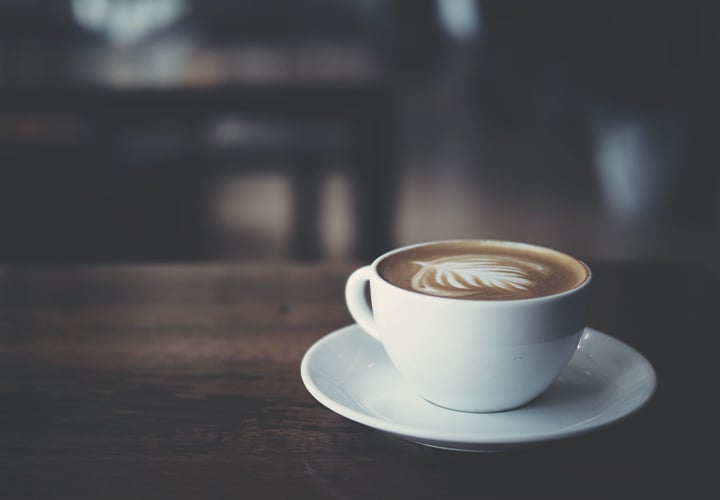
3. Jump in the Shower
Starting the day without a shower just doesn’t feel right. Steam up your bathroom, play some upbeat music, and step under the flow of water. Not only will a shower wake you up and make you feel refreshed, but feeling clean will give you an additional psychological boost. If you're feeling brave, turn the tap to cold for a few seconds to send a jolt of energy to your brain and release some endorphins.
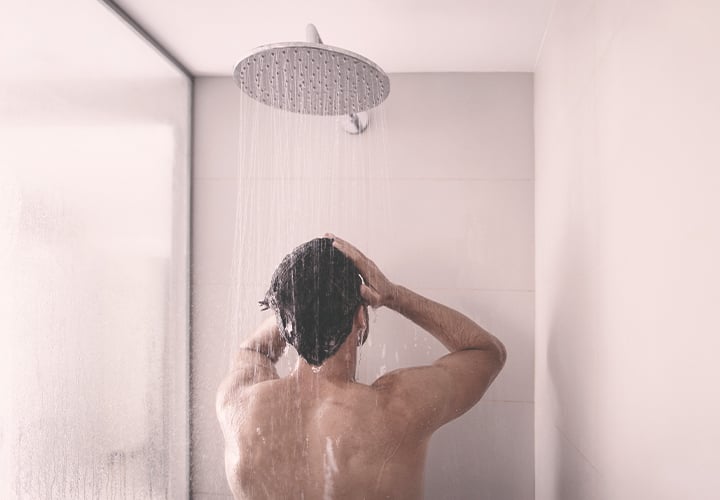
4. Eat a Filling Breakfast
Now that you’re clean, hydrated, and caffeinated, you need to eat something! Make yourself a filling but nutritious breakfast. Throw in some oats and fruit to increase your blood sugar, raise your mood, and provide stable energy for the next few hours.
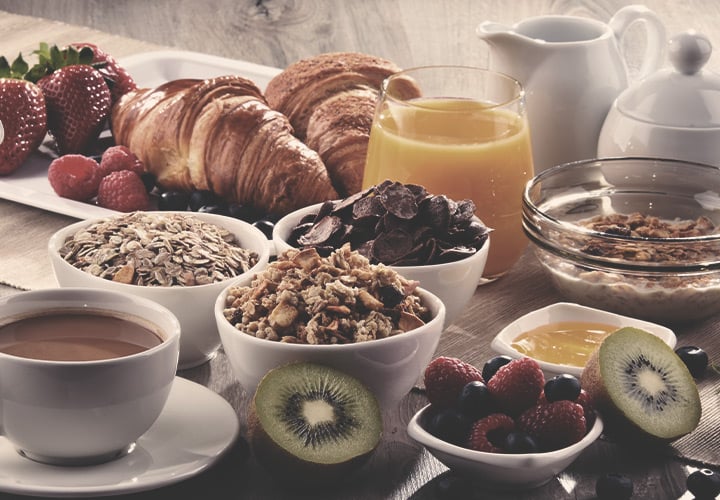
5. Take CBD Oil
Finish off your anti-hangover regimen with a dose of CBD oil. Place a few drops of a high-quality full-spectrum CBD oil under your tongue and hold it there for a couple of minutes. As CBD rapidly enters your bloodstream through sublingual tissues, it may help to prevent any lingering THC from making you feel foggy.
Is There a Way to Avoid a Weed Hangover?
Preventing a weed hangover will allow you to immediately get on with your day—no need for lengthy strategies just to feel right in the morning. Of course, not smoking weed the night before remains the most consistent way to wake up without a hangover. However, sometimes we just have to indulge. Use these tips to prevent a weed hangover when you have to get up early the following day.
Use Low-THC Strains
Not all strains are loaded with THC. While these varieties are great during parties and weekends, they aren’t always the best option during the week. You can choose low-THC strains that contain high levels of CBD for a clear-headed and relaxation sensation. These strains still provide a pleasant effect, just without the risk of a hangover.
Don’t Mix Substances
When you start mixing your weed with booze and other substances, the effects of THC will be the least of your worries in the morning. Avoid mixing to minimise the negative effects when you wake up, especially when you have places to be!
Start and Finish Early
If you want to enjoy some high-THC cannabis in the evening, make sure you start early and put the joints down well before sleep. Fire up some bongs straight after dinner to enjoy a high throughout the evening, but stop around 3 hours before bed to let the THC clear out of your system.
- 'Hangover' effects the morning after marijuana smoking - PubMed https://pubmed.ncbi.nlm.nih.gov
- Subjective and behavioral effects of marijuana the morning after smoking | SpringerLink https://link.springer.com
- Chronic Pain Patients’ Perspectives of Medical Cannabis https://www.ncbi.nlm.nih.gov
- Medical Marijuana: Review of the Science and Implications for Developmental Behavioral Pediatric Practice https://www.ncbi.nlm.nih.gov


























